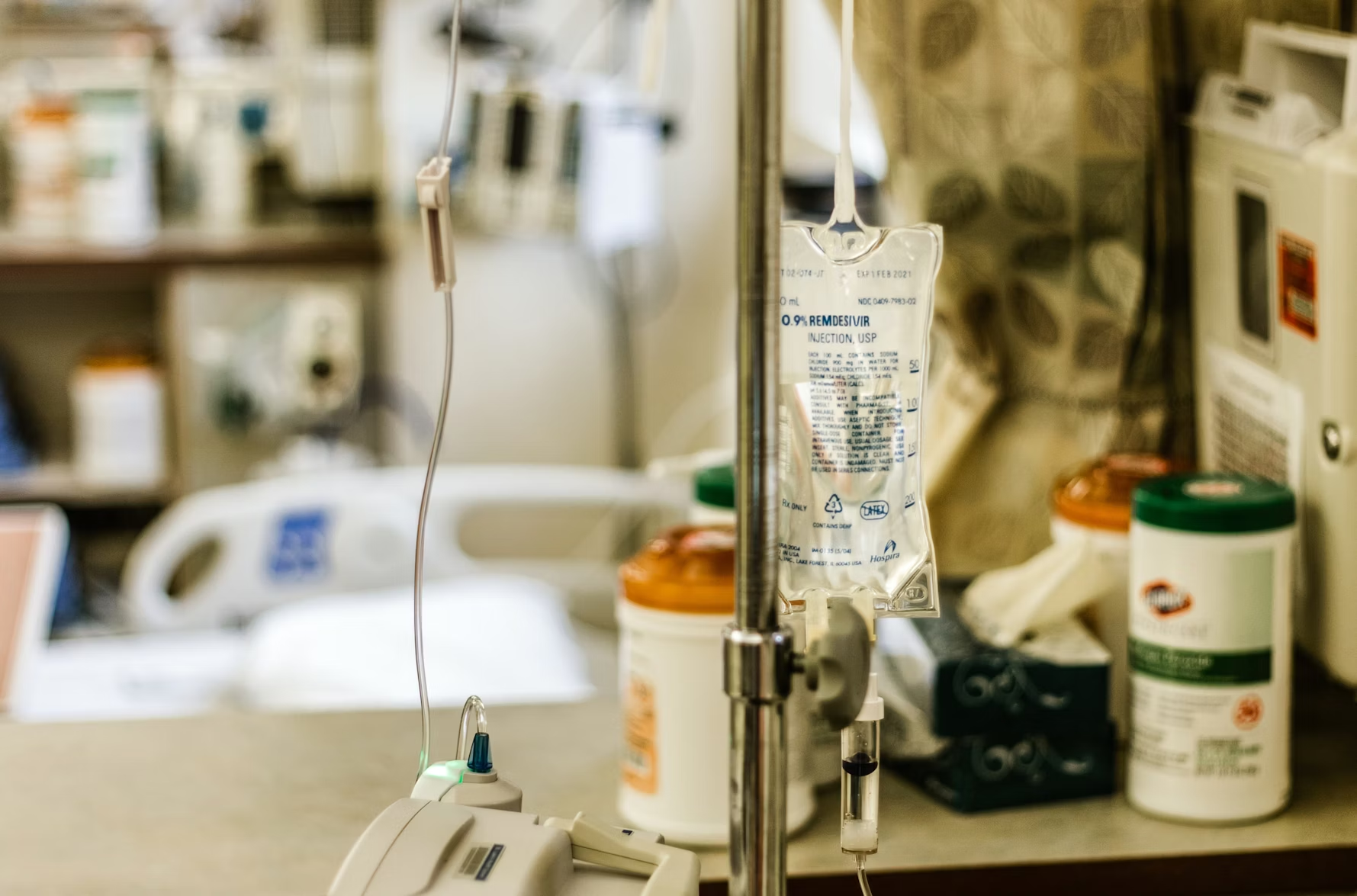Most of us receive the nutrients we need through diet. For some people, that is not possible.
Whether it’s due to a specific disease or an eating disorder, some individuals must turn to other feeding methods to get the calories they need.
One of those methods is total parenteral nutrition (TPN). Below, we will look closer at the importance of this method to help you understand it better.

What is Total Parenteral Nutrition?
Parenteral nutrition is a method of intravenous feeding that bypasses the digestive system and delivers nutrients directly into the bloodstream.
There are two types of parenteral nutrition:
- Partial parenteral nutrition (PPN) that supplements other types of feeding
- Total parenteral nutrition (TPN) that provides all the necessary nutrients intravenously
The TPN formula will include different concentrations of proteins, carbohydrates, fats, water, minerals, and vitamins based on each individual’s unique needs.
The goal of this personalized formula is to nourish the body with everything a person needs to function normally.
Who Can Benefit from TPN?
TPN is for people who can’t receive adequate nutrients through their gastrointestinal tract.
The inability to absorb nutrients through the regular route may be due to various conditions, such as:
- Cancer
- Chemotherapy
- Radiation enteritis
- Intestinal ischemia
- Abdominal surgery
- Prolonged diarrhea
- Short bowel syndrome
- Necrotizing enterocolitis
- Gastrointestinal bleeding
- Extremely premature birth
- Inflammatory bowel disease
- Intestinal pseudo-obstruction
- Obstruction of the digestive tract
Additionally, people with other conditions preventing them from eating food orally for an extended period may qualify for TPN therapy.
Importance of Early Intervention with TPN
One of the most crucial factors for TPN administration is the early start of the treatment. Delaying TPN therapy is a dangerous risk that can lead to:
- Malnutrition
- Electrolyte imbalances
- Compromised immune function
- Further health complications
By starting TPN intervention early, physicians can ensure patients have a functioning immune system to support their body’s healing process and improve their health outcomes.
How is TPN Administered?
Administering the prepared TPN solution is a simple process. Here are the steps involved:
- The administrator will check the bag for discoloration.
- If there are no signs of discoloration, they will infuse the TPN solution through a catheter inserted into a large vein.
- They will monitor the infusion rate closely and make adjustments if necessary.
- It takes the TPN solution 10-12 hours to enter the body.
- Afterward, the healthcare provider will remove the tube and repeat the process several times throughout the week, depending on the patient’s needs.
Why is TPN Important?
We can better understand the importance of TPN once we look at its numerous advantages. Let’s look closer at some of them.
Provides Essential Nutrients
The primary benefit of TPN is that it provides the essential nutrients the patient’s body needs but cannot receive any other way.
By delivering a carefully determined mixture of macronutrients and micronutrients directly into the bloodstream, TPN can:
- Promote tissue repair
- Support the body’s metabolic processes
- Aid in the body’s overall recovery process.
TPN is complete enough to replace oral feeding for as long as patients need, even for the rest of their lives.
Prevents Malnutrition
TPN also plays a crucial role in preventing malnutrition. Those who can’t eat or digest food normally are at risk of nutritional deficiencies. This malnutrition can have life-threatening consequences such as:
- Muscle wasting
- Delayed wound healing
- Increased risk of infection
- Impaired immune function
Through TPN, patients can avoid nutritional deficiency and receive the necessary calories to support their health and well-being.
Improves Patient Outcomes
Additionally, studies suggest that TPN improves patient outcomes in clinical settings. When you are low on important nutrients like protein, iron, vitamin C, and zinc, your body doesn’t have the strength to heal.
For instance, if you’ve had surgery and are deficient in these nutrients, your body will recover slower.
Meanwhile, reports show that those who receive TPN have:
- Lower rates of infections
- Reduced lengths of hospital stays
- Improved overall health outcomes
Allows for Personalized Nutrition Therapy
Lastly, TPN allows for personalized nutrition therapy where the solution is tailored to each individual’s nutritional needs.
When adjusting the components of a TPN solution, doctors will consider factors such as:
- Age
- Weight
- Metabolic needs
- Medical condition.
This personalized approach allows them to ensure each patient receives what they need to meet their nutritional requirements.
Challenges with TPN

TPN’s benefits can be lifesaving. However, that doesn’t mean this feeding method comes without its risks. Here are some of the challenges with TPN.
Infections
One of the main challenges with TPN is the high risk of infection, especially when administered in an unsanitary environment. Bacteria can soon spread throughout the body and cause sepsis if not treated.
Electrolyte Imbalances
One of the healthy ways to get electrolytes is through TPN. However, if the concentration of electrolytes in the solution is too high or low, it can cause imbalances in the body, leading to problems such as irregular heart rhythms.
Liver Problems
Parenteral nutrition-associated liver disease is another problem that can arise from TPN. Those who use TPN for long may experience different liver problems, such as cirrhosis and liver failure.
TPN: A Lifesaving Solution
Overall, TPN plays a vital role in the health and recovery of patients. Without it, many of those suffering from different medical conditions could not survive to see another day.
If you can’t eat or digest food normally, speak with your healthcare provider about TPN. It may be the lifesaving therapy you need!
The post The Importance of Total Parenteral Nutrition first appeared on You Must Get Healthy.
The post The Importance of Total Parenteral Nutrition appeared first on You Must Get Healthy.